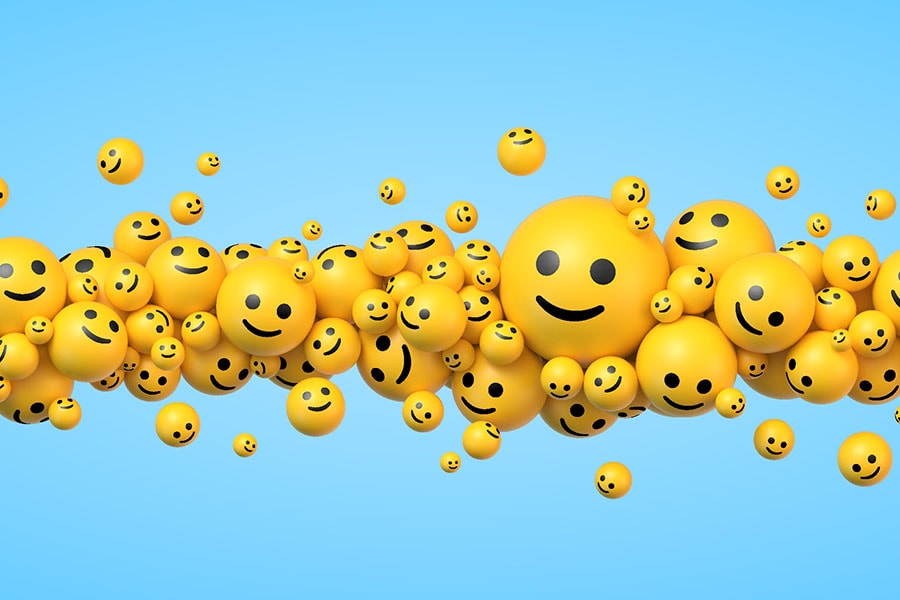What's enough to make us happy?
Experts say happiness is often derived by a combination of good health, financial wellbeing, and solid relationships with family and friends. But are we forgetting to take stock of whether we have enough of these things? asks James Heskett
 Image: Shutterstock
Image: Shutterstock
Happiness, an elusive condition we all want to experience, is a popular topic. It’s a complex subject. It may or may not require everything from good health to sufficient wealth to good relationships in varying degrees for each of us. The result is measured in terms of outcomes that may be more or less than we expected, just as customer satisfaction is measured in terms of whether our expectations were met or exceeded.
But how many of us take time out periodically to map out our changing expectations for our physical and mental wellbeing and the things that determine them—our relationships with family and friends, our careers, our financial wealth, our physical and spiritual exercise and diet?
The notion is that if we set goals for “enough,” we’ll be more conscious of meeting them and more likely to do so. Success in meeting them brings a sense of wellbeing that contributes to one’s happiness. It’s not necessarily a signal that it’s time to retire; it’s a self-generated milestone that may enable us to branch off into new, interesting directions with new goals, satisfied that our basic goals have been met.
Those of us who fail to have this conversation with ourselves run the risk of chasing and acquiring things that are never enough.
These matters are highly personal. I like to think that how we make decisions on these matters determines, as the old saying goes, “whether we can live with ourselves or not.” That’s not a bad yardstick for decision-making in the happiness business. Most of us would probably agree that “what’s enough” should be a bit of a stretch but achievable. For example, for many years my spouse and I shared an objective of remaining friends with our three children during our lives—not too ambitious but not always assured.
This article was provided with permission from Harvard Business School Working Knowledge.

















